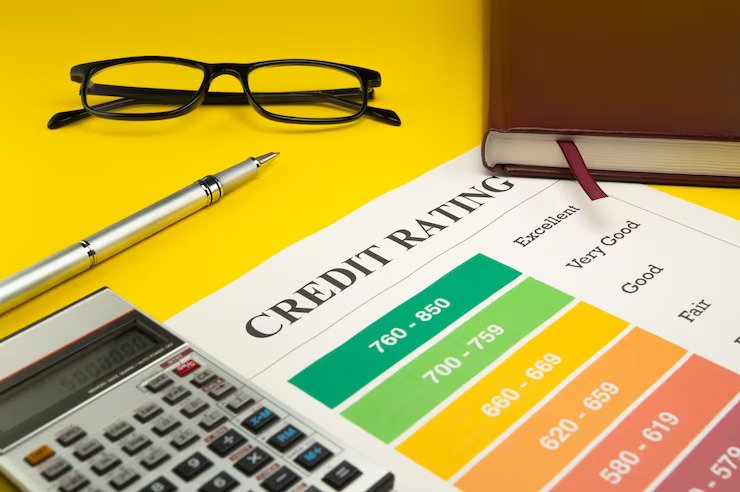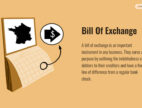The Impact Of Tax Payment Plans On Your Credit Score
by Arnab Dey Finance 15 July 2023

Paying taxes is unavoidable. If you’re finding it difficult to pay, you might have thought about joining a tax payment plan. However, enrolling in a tax payment plan can impact your credit score.
In this article, we will examine how tax payment plans can affect your credit score.
To begin, it’s crucial to comprehend the function of credit scores. These are three-digit numbers ranging from 300 to 850 that reflect information from your credit report, including payment history, credit utilization, length of credit history, and types of credit. A higher score signifies that you are a reliable borrower who is more likely to repay loans.
Now, let’s talk about tax payment plans. The IRS offers various payment plans to taxpayers who owe money but can’t pay it all at once. These plans can last anywhere from 120 days to several years, depending on your situation. However, enrolling in a payment plan with the IRS means that you now have debt, and your credit score could be impacted.
How Tax Payment Plans Affect Your Credit Score
Enrolling in a tax payment plan itself doesn’t directly impact your credit score. However, the IRS may file a Notice of Federal Tax Lien if you owe over $10,000 and fail to make payments or don’t comply with the payment plan terms.
A tax lien is a legal claim on your property as security for your tax debt. If you have a tax lien on your credit report, it can negatively affect your credit score. Having a lien can make it harder to get approved for credit, and lenders may see you as a higher-risk borrower. After you’ve paid off your debt, tax liens can remain on your credit report for a maximum of seven years.
Additionally, if you miss payments or are late on payments, those late payments can also impact your credit score. Payment history is the most significant factor that affects your credit score, so missed or late payments can quickly lower your score. It’s crucial to make your payments on time and in full if you’re enrolled in a tax payment plan.

How to Protect Your Credit Score
If you’re already enrolled in a tax payment plan, there are steps you can take to protect your credit score.
- First, make sure you’re making your payments on time and in full. Late payments can quickly lower your score, but making regular, on-time payments can help improve it.
- If you find it hard to fulfill your payments, converse with the Internal Revenue Service (IRS) about adjusting your payment plan. You might be able to switch the duration of your scheme or lessen your payments to make them more bearable. If you are unable to pay, it is vital to contact the IRS immediately in an attempt to evade a lien on taxes.
- If you have a tax lien on your credit report, you may be able to get it removed if you meet certain criteria. The IRS has a Fresh Start program that allows taxpayers to request the withdrawal of their tax lien if they owe less than $25,000 and have been enrolled in a direct debit payment plan for at least three months. You’ll need to fill out Form 12277 and submit it to the IRS to request withdrawal of the lien.
In Conclusion
While enrolling in a tax payment plan can help you pay off your debt to the IRS, it’s important to understand how it can impact your credit score. Having a tax lien on your credit report can make it harder to get approved for credit, and missed or late payments can lower your score. However, if you make your payments on time and in full and work with the IRS to modify your payment plan if necessary, you can protect your credit score and eventually get rid of any tax liens on your credit report.
Read Also:



































































































